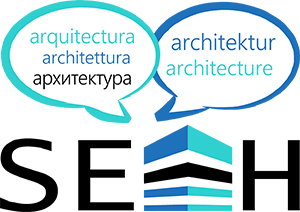
Universidad Politecnica de Madrid
Universidad Politécnica de Madrid (UPM) is one of the oldest and largest of the Spanish Technical Universities. UPM currently has more than 3,000 faculty members, around 38,000 undergraduate students and around 6,000 postgraduate students with a strong commitment to R&D and Innovation. At the same time, UPM has more than 200 Research Units and several Research Institutes and Technological Centres. The contribution of the university to knowledge creation through its scientific publications is also significant.
The teaching of languages at the UPM falls under two major areas:
The UPM Department of Linguistics Applied to Science and Technology was created in 1987 originally within the School of Civil Engineering, Channels and Ports.
In 1989, the Department moved to the School of Computer Engineering, in 1996 to the School of Mining and Energy Engineering and in July, 2004 to the School of Forestry Engineering and Natural Resources. From June 2012, the Department has been located in the School of Engineering and Telecommunication Systems. The Department of Applied Linguistics currently is in charge of the teaching of modern languages in the different Centres of the Universidad Politécnica de Madrid and it runs a common compulsory subject “English for Professional and Academic Communication”, as well as other subjects with an Academic and Professional syllabus scope. These subjects are taught by the Department staff across University in every Centre in English, German, French and Spanish.
The UPM Language Centre, comes under the Vicerrectorate of Strategic Academic and Internationalization, designing and offering a wide and varied programme of courses in various foreign languages (Chinese-Mandarin, English, French, German, Italian, Portuguese and Russian) and courses of Spanish for speakers of other languages, to facilitate academic and professional communication of the entire university community to an international level. The programme includes courses for learning and practice of language use, covering the basic skills, depending on the level, and including group interactions, oral presentations, language in formal and informal environments, media and social networks and cultural contents. Face to face classes, online programmes and blended learning methodology are used. Internal and external accreditation exams are organized several times a year.

